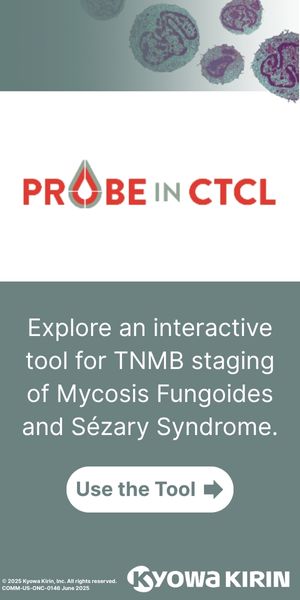Mike Flanagan, PhD, Chief Scientific Officer at Avidity Biosciences, discusses new data from the EXPLORE44 open-label extension of del-zota for treatment of patients with Duchenne muscular dystrophy (DMD) amenable to exon 44 skipping.
DMD affects the muscles, leading to progressive muscle wasting. DMD occurs primarily in males, though in rare cases may affect females. The symptoms of DMD include progressive weakness and atrophy of both skeletal and heart muscle. Early signs may include delayed ability to sit, stand, or walk and difficulties learning to speak. DMD is caused by genetic changes in the DMD gene.
Del-zota is a proprietary monoclonal antibody that binds to transferrin receptor 1 conjugated to a phosphorodiamidate morpholino oligomer (PMO) targeting exon 44, enabling dystrophin production. The EXPLORE44 clinical trial (NCT05670730) was a phase 1/2 evaluating the safety, tolerability, pharmacokinetics, and pharmacodynamics of del-zota in 26 patients with DMD mutations amenable to exon 44 skipping. Participants then had the option to enroll in the EXPLORE44 open-label extension study.
Open-Label Extension Study
The open-label extension (NCT06244082) was a multi-center trial evaluating the long-term safety, tolerability, pharmacokinetics, and pharmacodynamics, and efficacy of del-zota in 39 total patients with DMD amenable to exon 44 skipping.
Results with del-zota demonstrated statistically significant increases of about 25% of normal in dystrophin production and restored total dystrophin up to 58% of normal. Creatine kinase levels were also rapidly reduced by greater than 80% compared to baseline and were sustained at near normal levels throughout the duration of evaluation (up to 16 months). Half of the participants also had creatine kinase levels within the normal range at one year of treatment.
Additionally, patients in the open-label extension demonstrated improvements in four-stair climb by 2.1 seconds from baseline, 10-meter walk/run test by 0.7 seconds from baseline, time to rise from floor by 3.2 seconds from baseline, North Star Ambulatory Assessment remained stable, and performance of upper limb by 1.5 points from baseline. Compared to natural history data, these results were significant improvements.
Finally, del-zota continued to demonstrate favorable long-term safety and tolerability in this open-label extension. The majority of treatment emergent adverse events were mild or moderate and the most common were upper respiratory tract symptoms, diarrhea, fall, back pain, and headache. There was one discontinuation following an event of hypersensitivity.
Next steps involve plans for a Biologics License Application (BLA) submission for Accelerated Approval to the U.S. Food and Drug Administration (FDA) by the end of 2025.
For more information, click here.
To learn more about DMD and other rare musculoskeletal conditions, visit https://checkrare.com/diseases/musculoskeletal-diseases/

